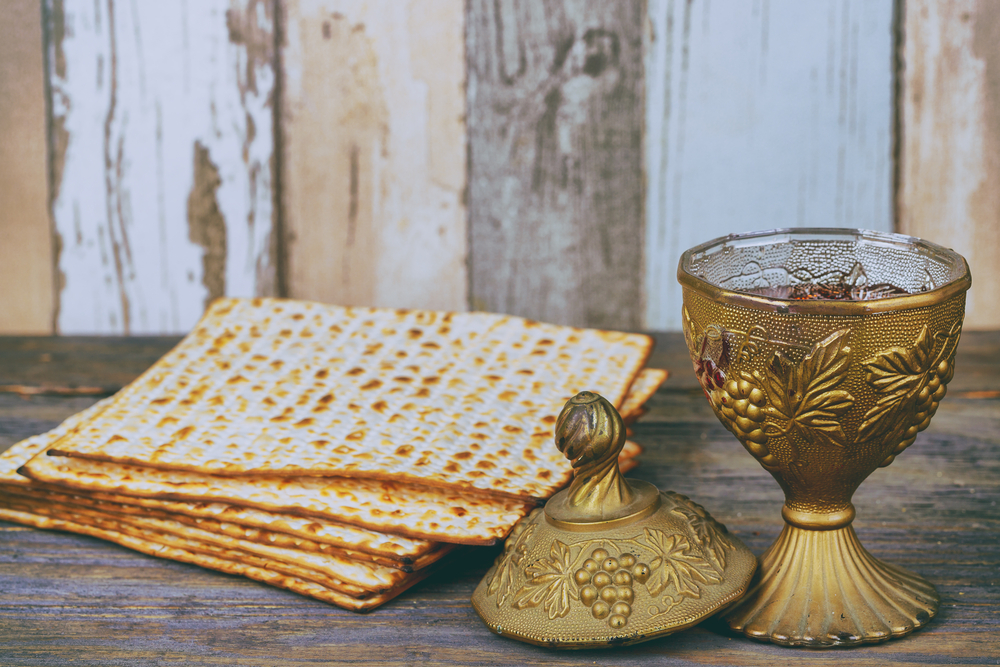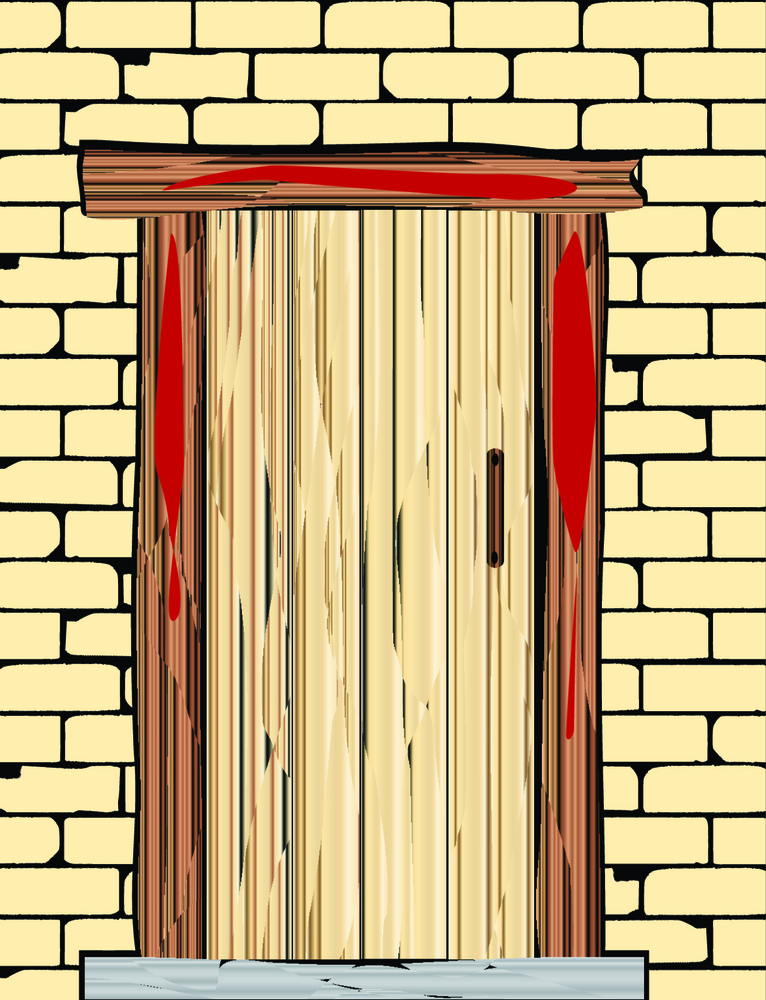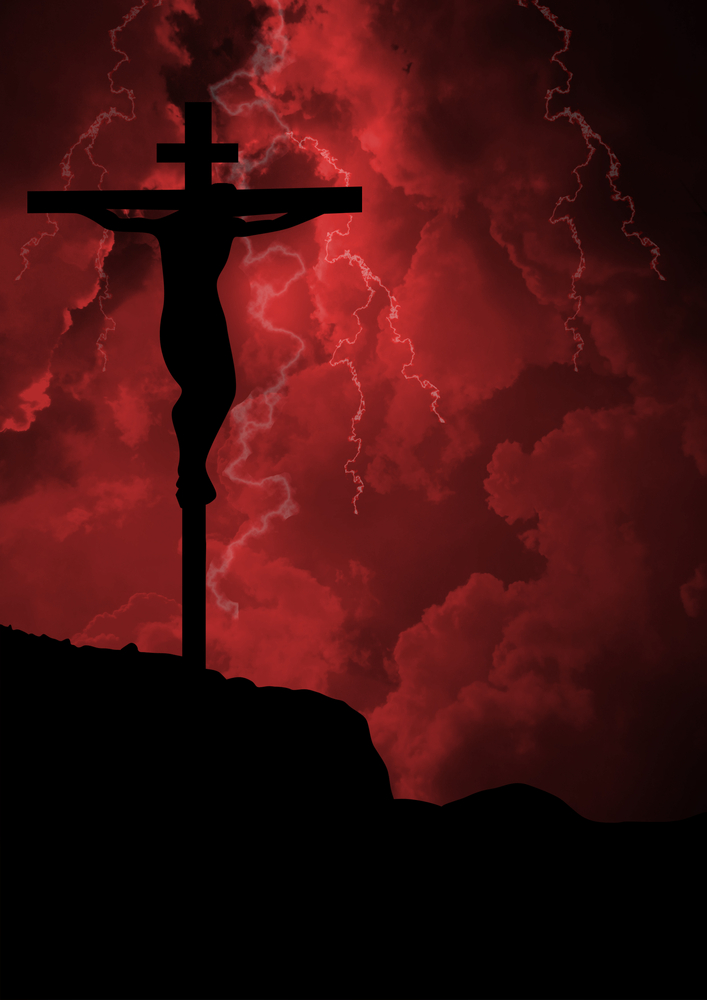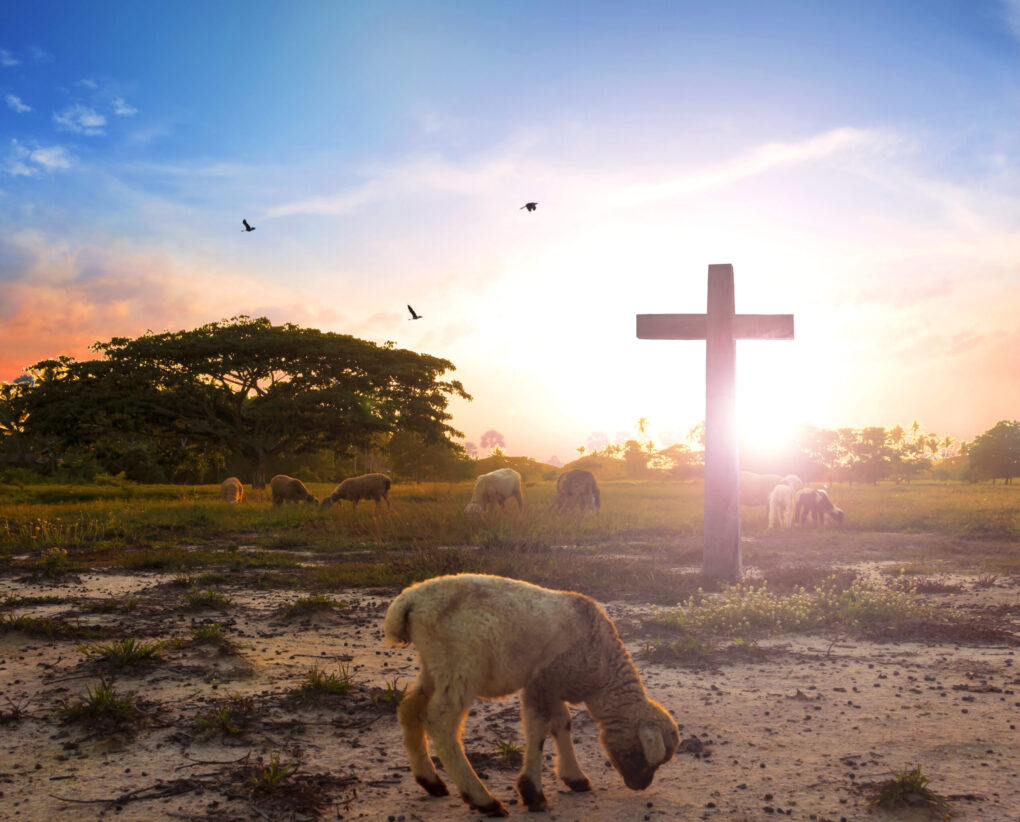Passover and How Jesus – the Lamb of God – Is Its Fulfilment
We often refer to Jesus as the Lamb of God – Seh Elohim in Hebrew. The Lamb is a powerful symbol of Messiah Jesus who shed His blood for the forgiveness of sins to all who believe in Him and accept His sacrifice. Reading the New Testament, we first hear this phrase used by John the Baptist when he sees Jesus at the beginning of His ministry, and proclaims by the Holy Spirit:
Look, the Lamb of God, who takes away the sin of the world!
John 1:29
For a non-Jew, this phrase would not make any sense, especially if the person has not studied the Jewish Torah (Instruction, law) and the stories related to it. For a Jewish person, however, hearing this proclamation should bring to mind the Great Exodus of the Israelites out of Egypt under the mighty hand of God. This Exodus has been celebrated by the Jewish people throughout the ages with the feast of Passover – Pesach. This festival was ordained by God in Leviticus 23. The celebration of Passover starts on the eve of 14th Nissan – the first month of the Jewish biblical year – and continues for seven days. During that time, Jews abstain from eating leavened bread, as leaven is a symbol of sin. This year the Passover celebrations begin on the eve of 27th March and finish on 4th April.
Passover is one of those holidays that is full of prophetic symbolism, which finds its fulfilment in Jesus/Yeshua as the Passover Lamb. Exploring this symbolism will leave us amazed at how detailed our God is and how profoundly He communicates His plans to His people the Jews and to us as Gentile believers.
Let us examine how Jesus fulfils the prophetic implications of the Passover festival.
- Purification and preparation – before Passover, the Jewish people cleanse their homes of all leaven, which represents sin. In the New Testament, Jesus went to the Temple before Passover and cleansed it of the corruption of money changers and traders (John 2:13-16; Matthew 21:12-13).

- Passover meal – in accordance with the Jewish tradition and the biblical command, Jesus and His disciples also prepared for the Passover Seder (dinner) (Luke 22:7-13). It was during this Seder that Jesus inaugurated the Brit Chadashah (New Covenant). He lifted a cup of wine – the third out of four cups – which traditionally symbolised redemption, and said:
“This cup is the new covenant in my blood, which is poured out for you.”
Luke 22:20
 Redemption – it was through the blood of the lamb, which was placed on the doorposts of the homes of the Israelites (and also several God fearing Egyptians) that they were passed over by the Angel of Death who killed the Egyptian firstborns as a judgement of the tenth plague. This is a foreshadow of the salvation that Jesus, the Lamb of God who was killed at Passover, offers to all who apply His innocent blood over their lives.
Redemption – it was through the blood of the lamb, which was placed on the doorposts of the homes of the Israelites (and also several God fearing Egyptians) that they were passed over by the Angel of Death who killed the Egyptian firstborns as a judgement of the tenth plague. This is a foreshadow of the salvation that Jesus, the Lamb of God who was killed at Passover, offers to all who apply His innocent blood over their lives.- Shedding of blood – the lamb that qualified for the redemption of the Israelites had to be a perfect male, one year old and either a sheep or a goat (Exodus 12:5). Later, in the Torah when blood sacrifices were introduced, the Lord also explained why these sacrifices were needed:

For the life of a creature is in the blood, and I have given it to you to make atonement for yourselves on the altar; it is the blood that makes atonement for one’s life.
Leviticus 17:11
Jesus fulfilled all the requirements of the Passover Lamb at the final week before Passover leading to His death during the feast:
- The Passover Lamb was to be chosen and set apart on the 10th of Nissan – this was the day when Jesus entered Jerusalem on a donkey and was welcomed as the King of the Jews. Christians call this day Palm Sunday. (Matthew 21:1-11)
- The lamb was to be inspected for four days until the 14th of Nissan for any spot or blemish that would disqualify it as a sacrificial lamb – Jesus openly taught in the Temple and in synagogues for those four days and no one could find any fault in Him.
- At the appointed time, Passover lambs were killed as sacrifices by the whole of Israel – Jesus, the Lamb of God, was delivered to the hands of Romans and publicly killed on the cross at the same time.
 While the death of a Passover lamb covered the sins of the Israelites and caused God to ‘pass over’, the sacrificial death of Jesus (and His resurrection) ‘passes us over’ to the Kingdom of God and to a new life with Him if we receive Him by faith.
While the death of a Passover lamb covered the sins of the Israelites and caused God to ‘pass over’, the sacrificial death of Jesus (and His resurrection) ‘passes us over’ to the Kingdom of God and to a new life with Him if we receive Him by faith.
Many people in the modern world consider themselves good enough to make it into heaven by their own merit – if they believe in heaven at all. God’s standard, however, is much higher and cannot be attained by man’s own efforts:
All of us have become like one who is unclean,
and all our righteous acts are like filthy rags;
we all shrivel up like a leaf,
and like the wind our sins sweep us away.
Isaiah 64:6
Passover is an amazing illustration of God’s redemption for all humanity. Just as the Israelites were in bondage in Egypt and needed salvation, so is humankind under the bondage of sin and in need of God’s intervention to be saved.
An unfortunate fact of history is that the Christian church has gradually distanced itself from the Jewish roots and the Biblical feasts, including Passover. For the first 300 years all believers, both Jews and Gentiles celebrated that feast. The powerful symbolism behind Passover helped the believers better understand the wonderful salvation offered to them by the God of Israel. It was the Emperor Constantine who, with various decrees issued by the Nicaean Council (325 AD), created a new holiday called Easter in order to keep Christians and Jews separate. Many Christians today are reversing that decision and embracing the Jewishness of our faith.
The Apostle Paul encourages the church in Corinth:
Get rid of the old yeast, so that you may be a new unleavened batch—as you really are. For Christ, our Passover lamb, has been sacrificed. Therefore let us keep the Festival, not with the old bread leavened with malice and wickedness, but with the unleavened bread of sincerity and truth.
1 Corinthians 5:7-8
Happy Passover!
Click here to change this text

